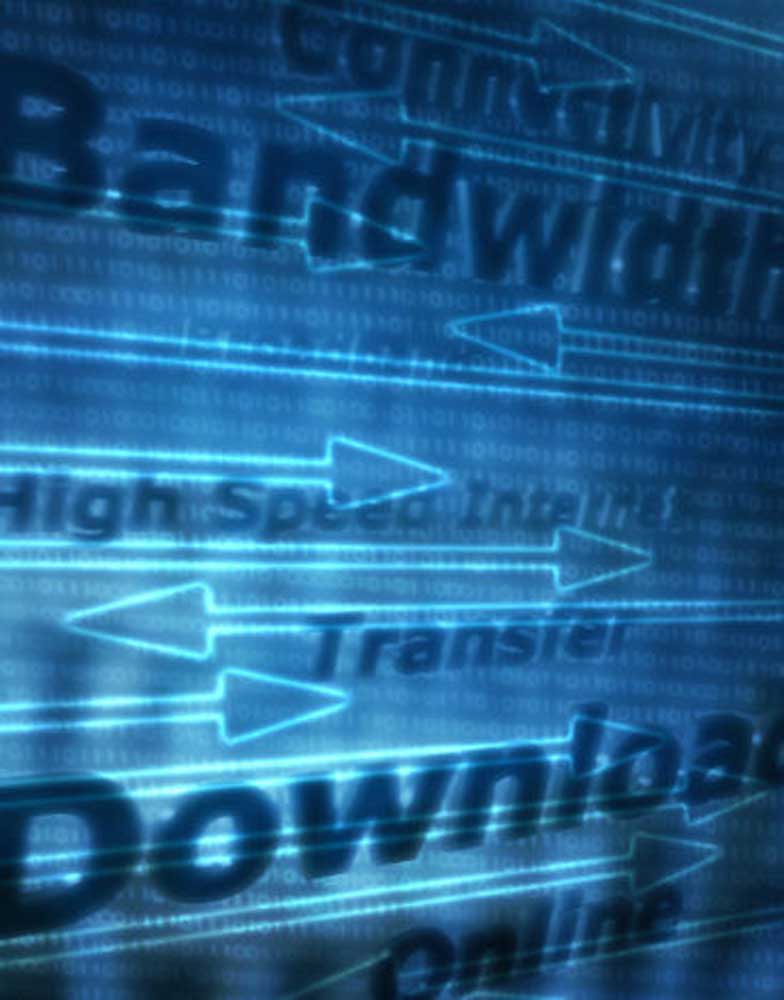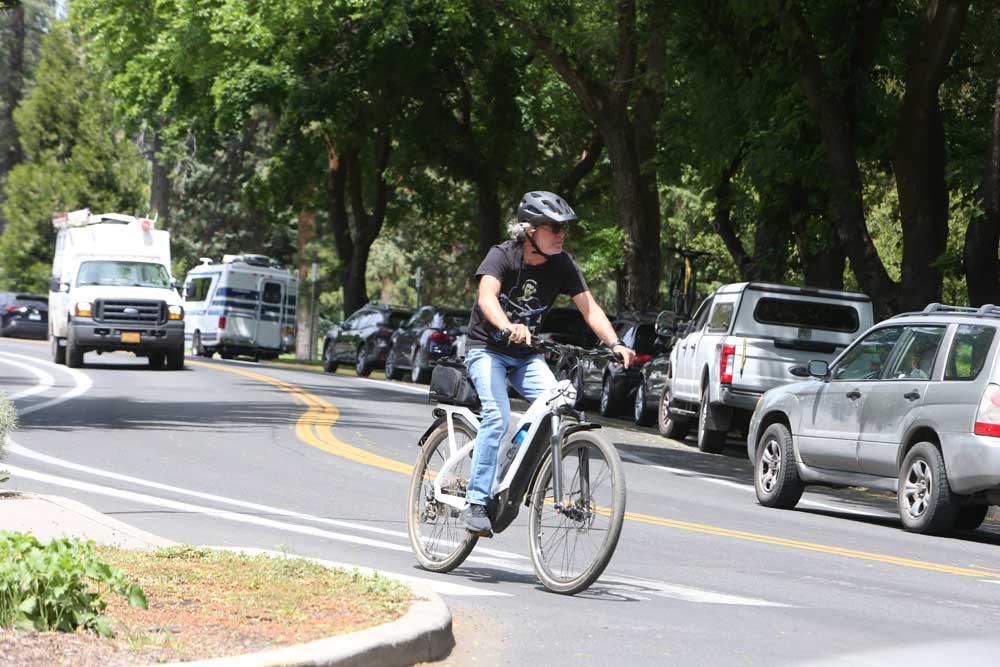Broadband company to access Bend data center
Published 5:24 am Wednesday, April 12, 2017

- Thinkstock
An Idaho company that has laid 40 miles of fiber-optic lines in Bend since 2015 signed a three-year contract to access the OneNeck IT Solutions data center in Bend.
OneNeck senior account director Jeff Nelson said the contract with Fatbeam, based in Coeur d’Alene, is mutually beneficial.
“Our clients need redundant pathways,” Nelson said. “You want to make sure you have alternate routes to keep business running.”
Accessing the OneNeck data center will give Fatbeam the opportunity to gain more clients, particularly those companies that already have equipment at OneNeck, Fatbeam President Greg Green said. “Any time our fiber network touches data facilities, it enhances the opportunities that can come to us,” Green said.
Fatbeam, which also has access to the Cascade Divide data center in Bend, is not the only broadband carrier accessing OneNeck’s facility, Nelson said. CenturyLink, Level 3 Communications, Quantum Communications, Zayo Group and BendBroadband also have carrier access, he said.
OneNeck is operated by TDS Telecom, based in Madison, Wisconsin, and the owner of BendBroadband. Its Bend data center has a Tier III certification from the Uptime Institute, which means almost every system it houses is redundant and guaranteed to keep equipment running in the event of a disaster, according to TDS. Fatbeam, which targets communities with populations of 150,000 or fewer, is in 32 markets in Washington, Idaho, Wyoming, Montana and Oregon.
Although Fatbeam competes with BendBroadband for commercial clients, Nelson said it’s still advantageous to have many carriers accessing the OneNeck data center. The data center is like a shopping center, which wants to offer customers as many retail outlets as possible, he said.
Fatbeam has been growing its Bend customer base since completing a 33-mile fiber network for Bend-La Pine Schools, Green said. Fatbeam targets businesses that have multiple sites, such as health care practices and bank branches. It also serves a number of cellular towers, he said. “We’re adding new customers every month,” Green said.
The Bend-La Pine network was finished in February 2016 and cost about $3 million. The school district did not pay the construction cost, but Fatbeam, as a matter of company policy, keeps a portion of the fiber dedicated to the district’s use, Green said.
The Bend-La Pine network, which serves 25 sites, is currently operating at 20 gigabits per second, said Ben Hansen, Bend-La Pine director of information technology.
Fatbeam was the only bidder that in 2015 met Bend-La Pine’s request for a “dark” or unlit fiber network. The term “dark fiber” refers to the fact that the user’s own electrical equipment lights the fiber and determines its capacity, Green said.
Dark fiber users pay a flat rate, which in the case of Bend-La Pine Schools is about $25,000 per month. Hansen said that’s less than the district paid when it had disparate phone and data services. About half of the monthly cost is offset by the federal E-rate program, which provides internet access to schools and libraries, he said. E-rate subsidies come from the Universal Service Fund, which is paid for by telecommunications user fees.
— Reporter: kmclaughlin@bendbulletin.com, 541-617-7860






